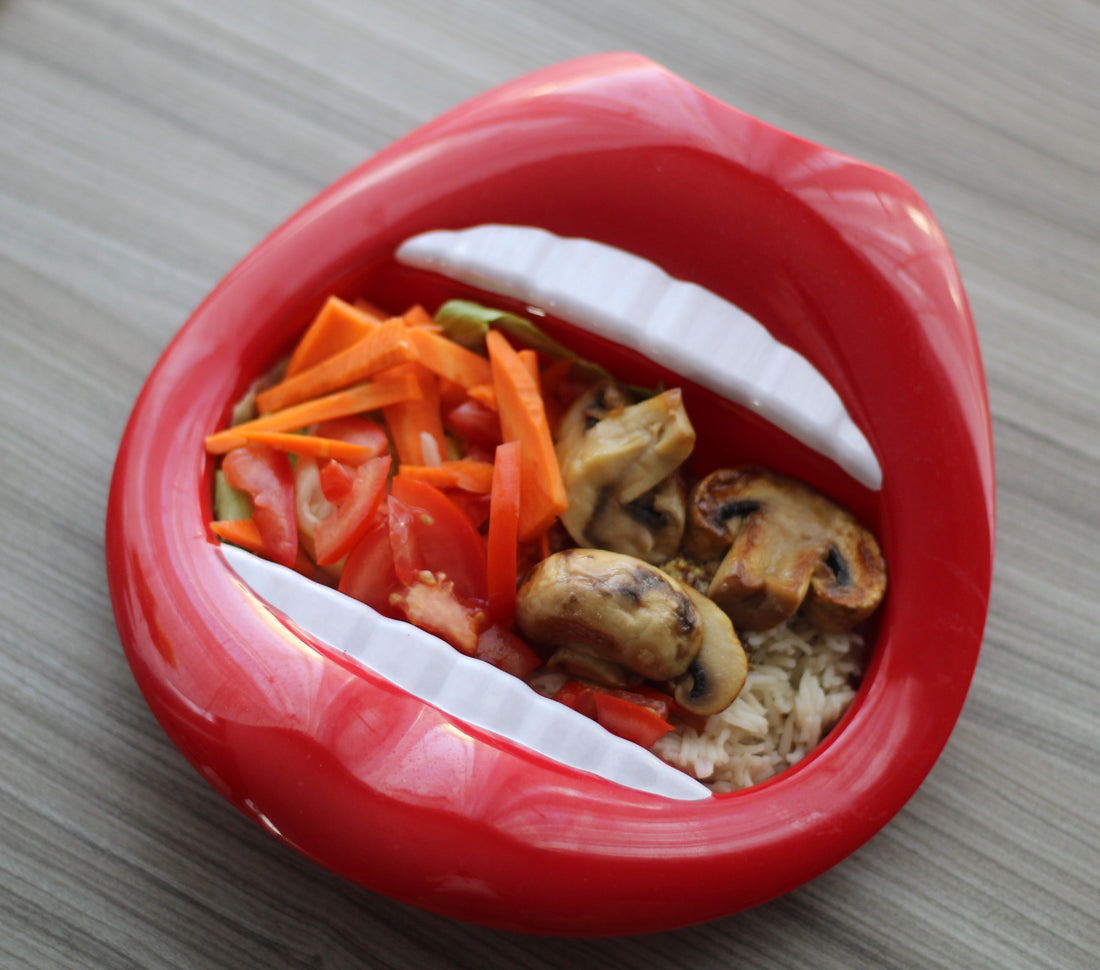Most of us may have been stuck to three big meals a day- breakfast, lunch and dinner, a set routine and easy! However, some may choose to opt for five small meals, which means to spread out meals in several parts through the day without having to eat bigger meals.
Most of us focus on three big meals a day- breakfast, lunch, and dinner - a set routine and so easy to follow! However, some may choose to opt for five small meals spread out through the day. This means that no one meal is big and heavy. Some say it is okay to eat three big meals a day as it allows your body enough time between meals to digest the food properly, thus avoiding health problems. On the other hand, it is said that five small meals will help avoid unnecessary hunger pangs and junk cravings.
According to Neha Shetty, Senior Nutritionist "Yes, eating smaller, more frequent meals will boost your fat burning capacity and would aid in weight loss. It is very difficult to lose weight when your metabolism is slowing down due to long gaps. Frequent small meals can help increase your metabolism and decrease your body fat."
Also cravings happen simply because you let yourself get too hungry due to long gaps and end up eating high calorie food. Also eating frequently helps to keep blood sugar levels steady, so you'll feel more energised. Moreover, you do not feel deprived psychologically because you are eating more often. If you looking to lose weight, eat five small meals rather than three heavy ones to keep your metabolism steady and easily lose weight.
According to Macrobiotic Health Coach, Shilpa Arora, "Five meals a day is more comforting, especially for people with diabetes and metabolic disorders in order to keep blood sugar level stable. Three big meals work only when healthy fats are added in the diet that provide satiety as well as provide constant energy. These meals should well -balanced so that sugar levels do not dip.
"Five meals in a day means small portion sized meals. You can practically double the amount of caloric intake without knowing if portion size is not controlled in each meal. Smaller frequent meals do fire up your metabolism, burns more calories and provides frequent protein to prevent your body from dipping into a muscle wasting state. works at a good pace.

